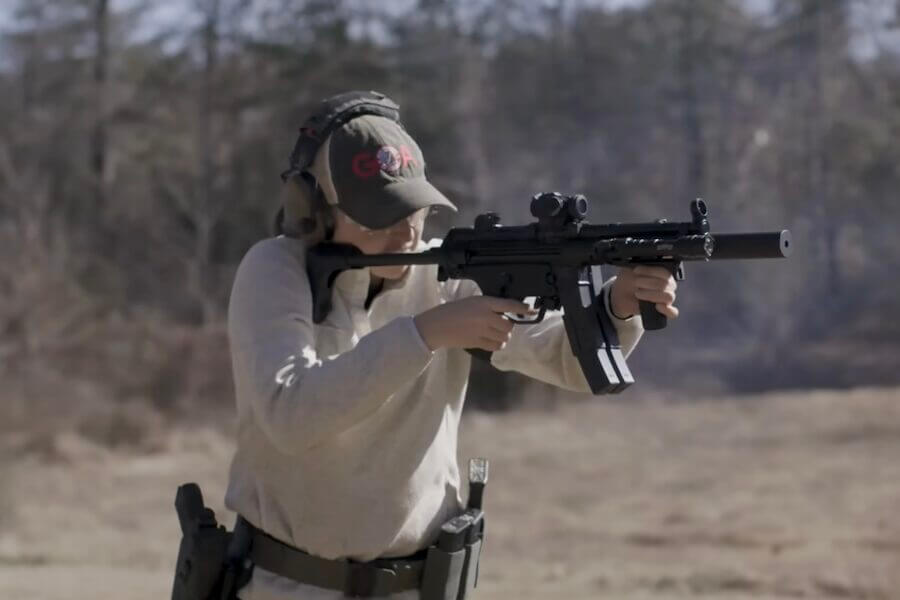The Supreme Court has agreed to hear Wolford v. Lopez, a case out of Hawaii that could decide whether the Second Amendment protects the right to carry firearms on private property that’s open to the public.
The issue stems from Hawaii’s post-Bruen carry law and a controversial provision gun owners are calling the “Vampire Clause.”
The Origins of the Vampire Clause
After the Supreme Court’s 2022 decision in New York State Rifle & Pistol Association v. Bruen, states could no longer deny concealed carry permits to law-abiding citizens based on “good cause.”
Hawaii, like New York, responded with new restrictions that effectively banned carry in most places: government buildings, parks, beaches, banks, and even private businesses.
One section stood out: the Vampire Clause, which forbids carrying on private property open to the public unless the owner gives explicit permission.
As GOA’s Law and Ammo host Phil explained:
“It’s like the vampire myth — you can’t come in unless you’re invited. But instead of bloodsuckers, it’s gun owners asking permission to enter a gas station, grocery store, or restaurant with their carry pistol.”
In short, lawful gun owners could be forced to ask every shop and restaurant owner for permission just to go about their day armed.
The Circuit Split: 2A Meets the Courts
The Second Circuit Court of Appeals already struck down New York’s version of the Vampire Clause in Antonyuk v. Chiumento, a lawsuit backed by Gun Owners of America (GOA).
But the Ninth Circuit Court of Appeals, one of the most restrictive circuits on gun rights, went the opposite direction — upholding Hawaii’s version as constitutional.
SEE ALSO: S&W 940 Review: 9mm J Frame That Runs Hard
That conflict between circuits is why the Supreme Court took Wolford v. Lopez up for review. One of the central questions before the Court reads:
“Whether Hawaii may presumptively prohibit the carry of handguns by licensed concealed carry permit holders on private property open to the public unless the property owner affirmatively gives express permission.”
In the Antonyuk case, the Second Circuit said clearly:
“Private property owners may decide to exclude people from their property. But that power resides with the property owner, not the government.”
How Far Can States Go After Bruen?
Since Bruen, several states have tried to sidestep the ruling by labeling most of their territory “sensitive” or “restricted.”
Hawaii’s carry law bans firearms in roughly 96% of publicly accessible land in Maui County, according to Judge VanDyke’s dissent in the Ninth Circuit decision. He wrote that the law “effectively nullified the Second Amendment rights of millions of Hawaiians.”
Other states followed suit:
- Maryland passed SB1 in 2023, which defaults to banning public carry without explicit consent.
- California’s SB2 added similar restrictions, requiring signs for any business that allows carry.
Wolford v. Lopez could decide whether those “no carry by default” rules survive.
GOA’s Role and What’s Next
Gun Owners of America helped set up this legal clash through its earlier victory in Antonyuk v. James (New York’s case). Wolford’s petition cites Antonyuk 17 times, referencing GOA’s arguments directly.
If the Supreme Court rules against Hawaii, it could strike down similar “vampire clauses” nationwide — reinforcing that the right to carry doesn’t vanish when you step onto private property that’s open to the public.
The case will be argued in early 2026, with a decision expected by summer.
*** Buy and Sell on GunsAmerica! ***
Read the full article here





